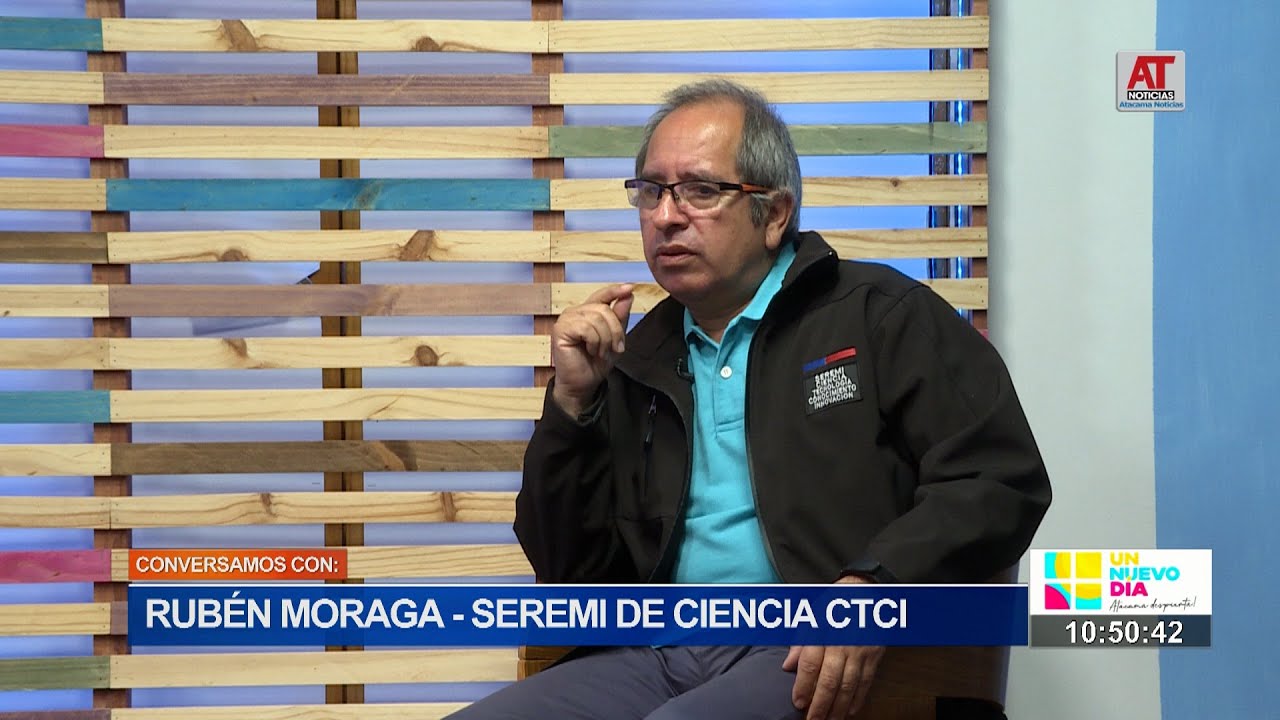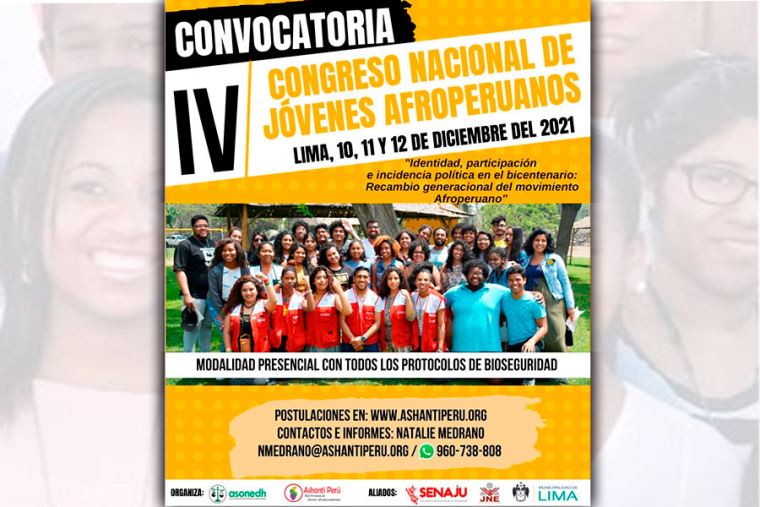Despite the fact that its agenda is a comprehensive decentralization program, the authority recognized that due to organizational and budgetary constraints, it would take some time before Science Seremis could be installed in all regions of the country, and would have to be organized into macro regions at the first moment.
Regional Ministerial Secretary for Science, Technology, Knowledge and Innovation for the Great Northern Region, Rubén Moraga, spoke with Atacama News about the 2030 Development Agenda, which focuses on decentralization and solving regional problems.
Moraga indicated, within the framework of the regional authority file, that after the establishment of this ministry, “which was not more than three years old, we had to raise capacities for which no one was available until now, and we started working with universities,” because of their having to install the so-called Diagnostic potential. The Ministry and the regional secretariats envisioned a model of understanding that “can contribute to other developments to improve the quality of life. It is important to understand the citizen as a source of knowledge, and that science be placed at the service of development.”
Formally, development comes from citizens’ expectations, because – continues the scientific authority – “it is part of our decentralization program and for this we will need universities and regional governments in order to show capacities and solve problems in the regions.” Within these capabilities, we generate the trust and shared insights that are essential. Likewise, the obligatory participation of citizens is necessary “in order to build the 2030 Development Agenda. It is good to seek and create knowledge for our lands and to solve problems,” he said.
Asked why, despite having a decentralized agenda, they are organized into macro regions, Seremi de Ciencia added that we are “a new ministry governed by law and regulation which indicates that by 2029 all Seremis vehicles must be installed in all regions of Chile, something similar to It happened with the Ministries of Environment and Energy.”
Moraga announced that it was the authorities’ idea to try to push the stabilization process forward but at the moment this cannot be done “because of Dipres restrictions”. In this regard, and as a temporary solution “we propose two regions within the larger region as Arica-Parinacota-Tarapacá and Antofagasta-Atacama, which is not the ideal way but may be the first step to decentralization.”




